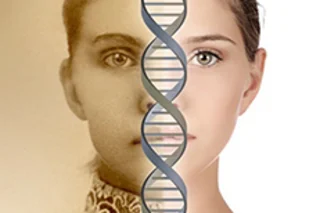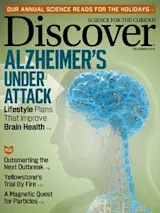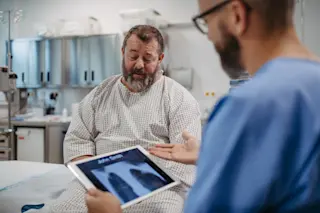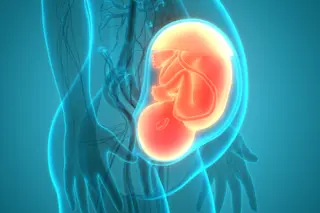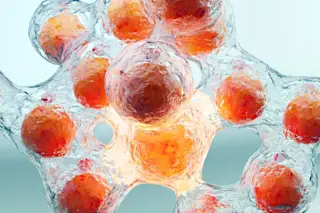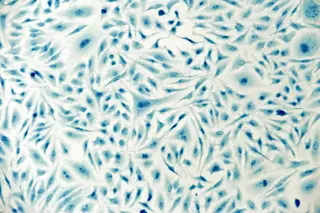Darwin and Freud walk into a bar. Two alcoholic mice — a mother and her son — sit on two bar stools, lapping gin from two thimbles.
The mother mouse looks up and says, “Hey, geniuses, tell me how my son got into this sorry state.”
“Bad inheritance,” says Darwin.
“Bad mothering,” says Freud.
For over a hundred years, those two views — nature or nurture, biology or psychology — offered opposing explanations for how behaviors develop and persist, not only within a single individual but across generations.
And then, in 1992, two young scientists following in Freud’s and Darwin’s footsteps actually did walk into a bar. And by the time they walked out, a few beers later, they had begun to forge a revolutionary new synthesis of how life experiences could directly affect your genes — and not only your own life experiences, but those of your mother’s, grandmother’s ...


